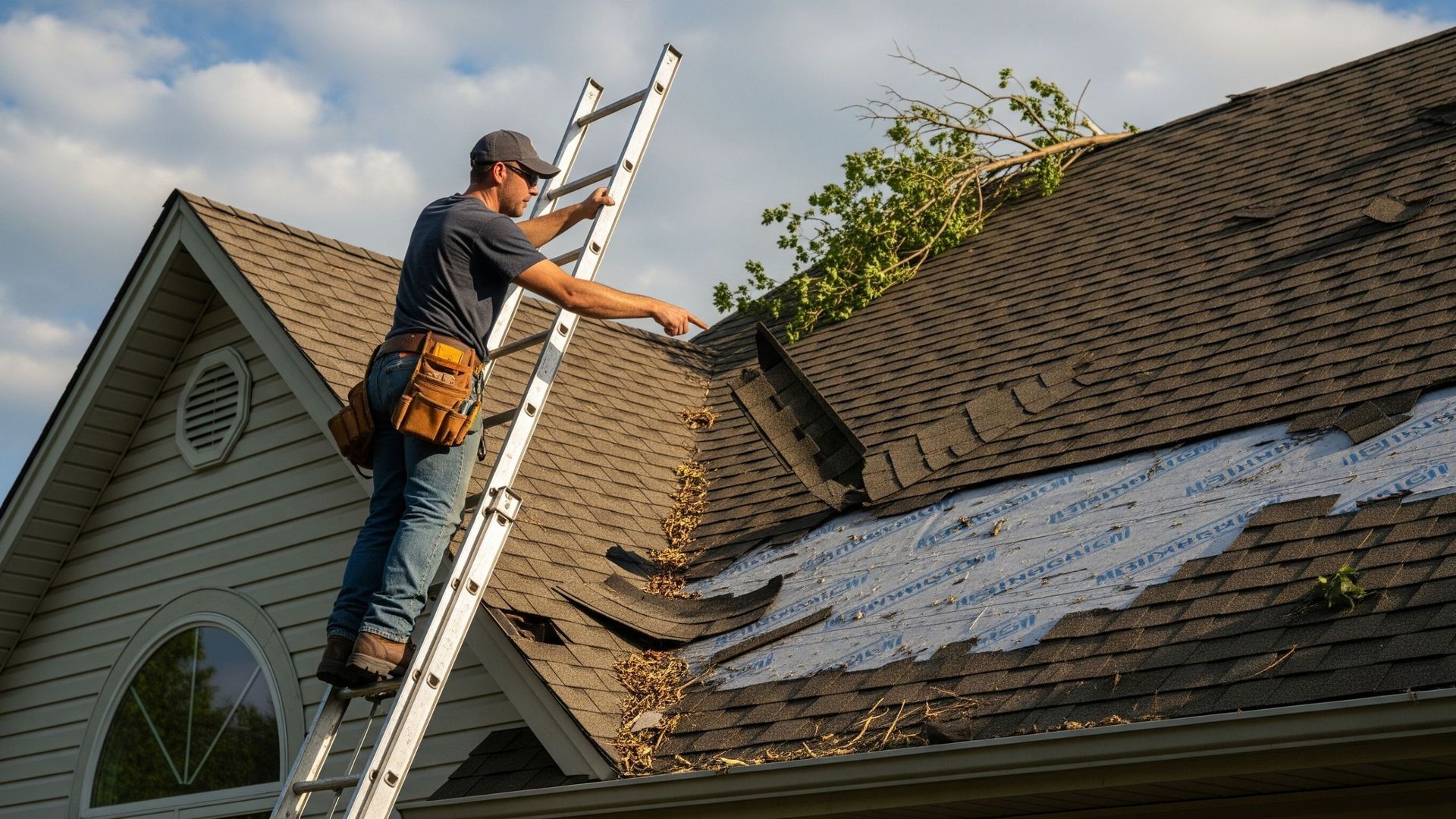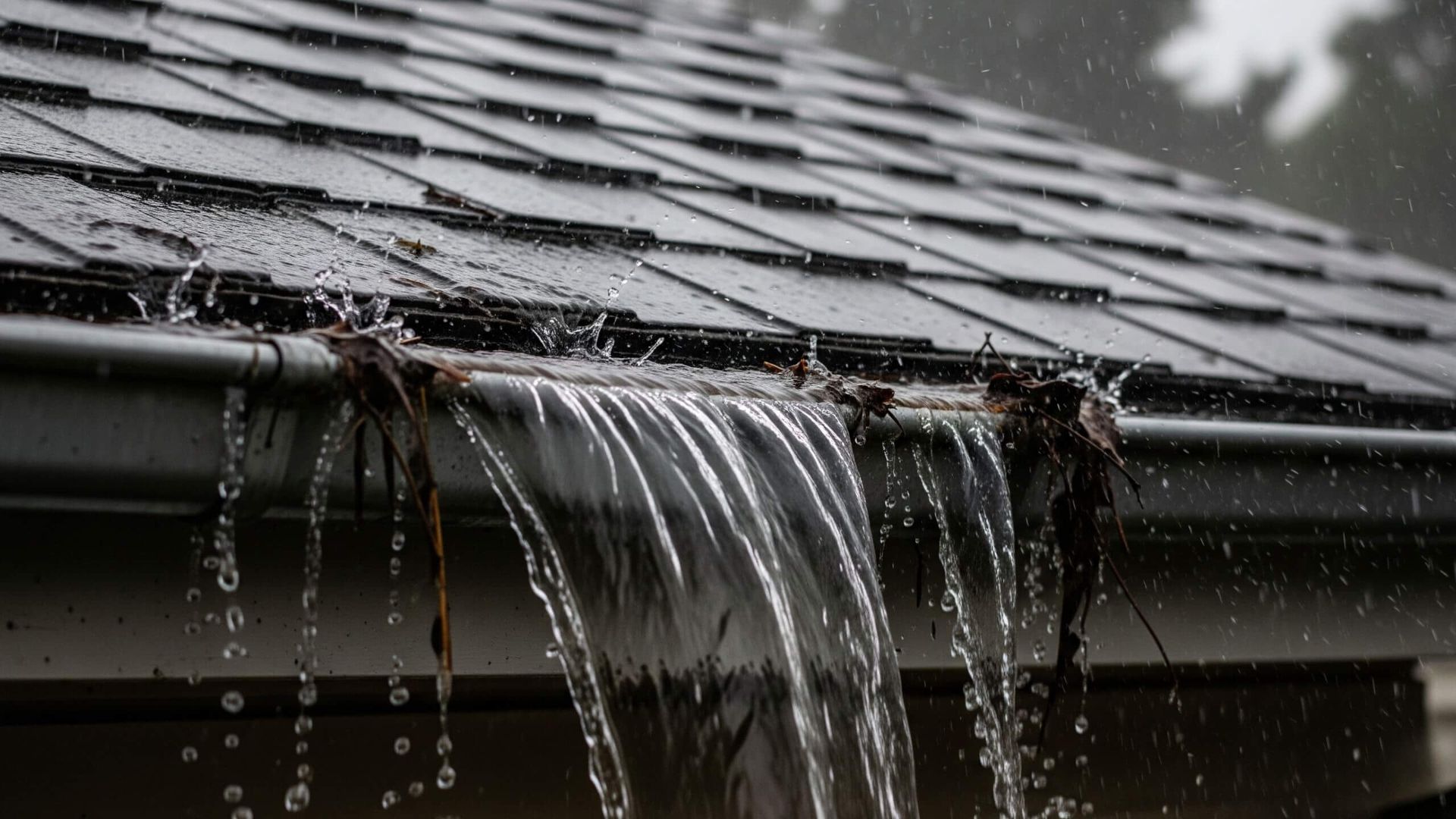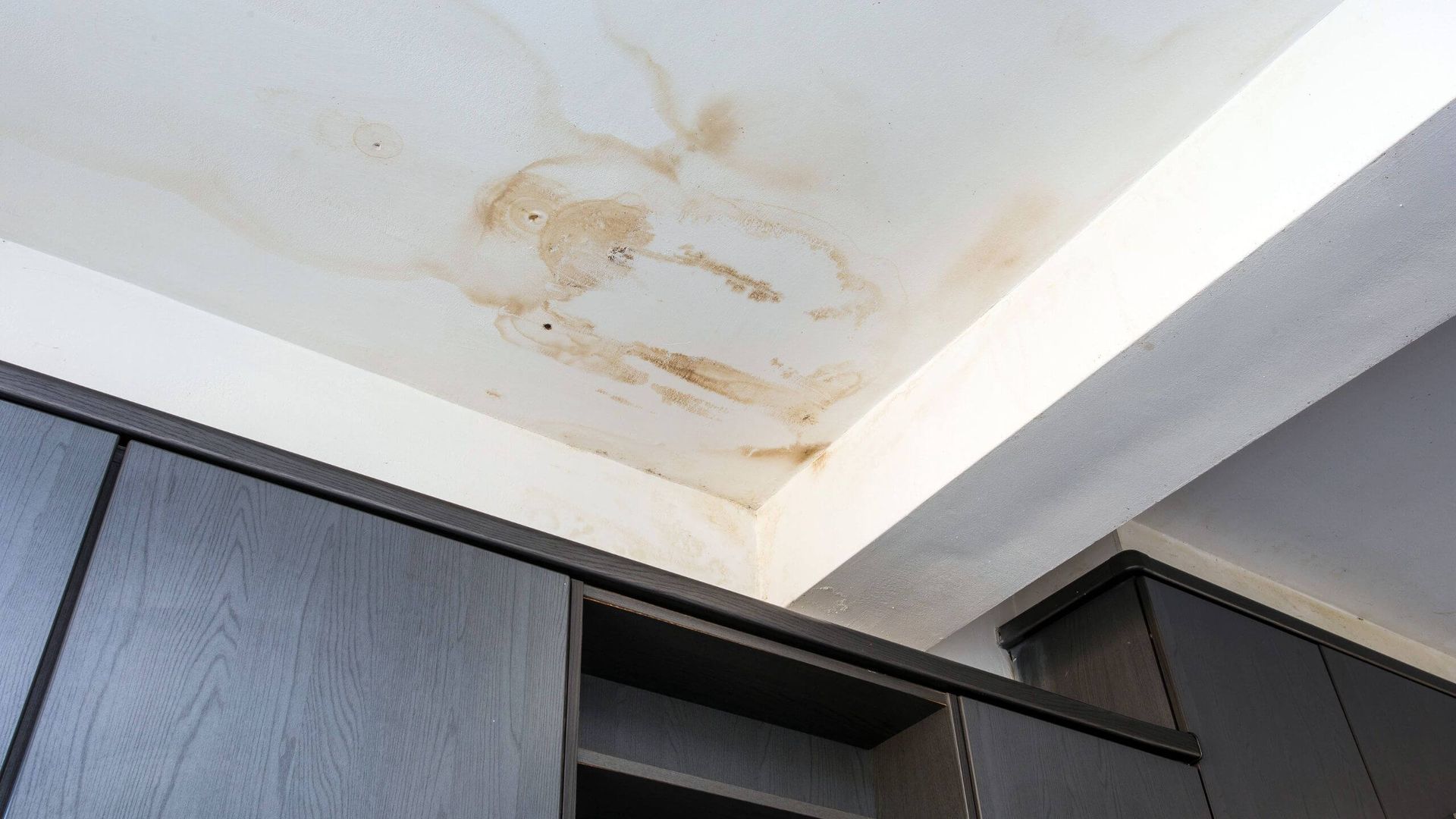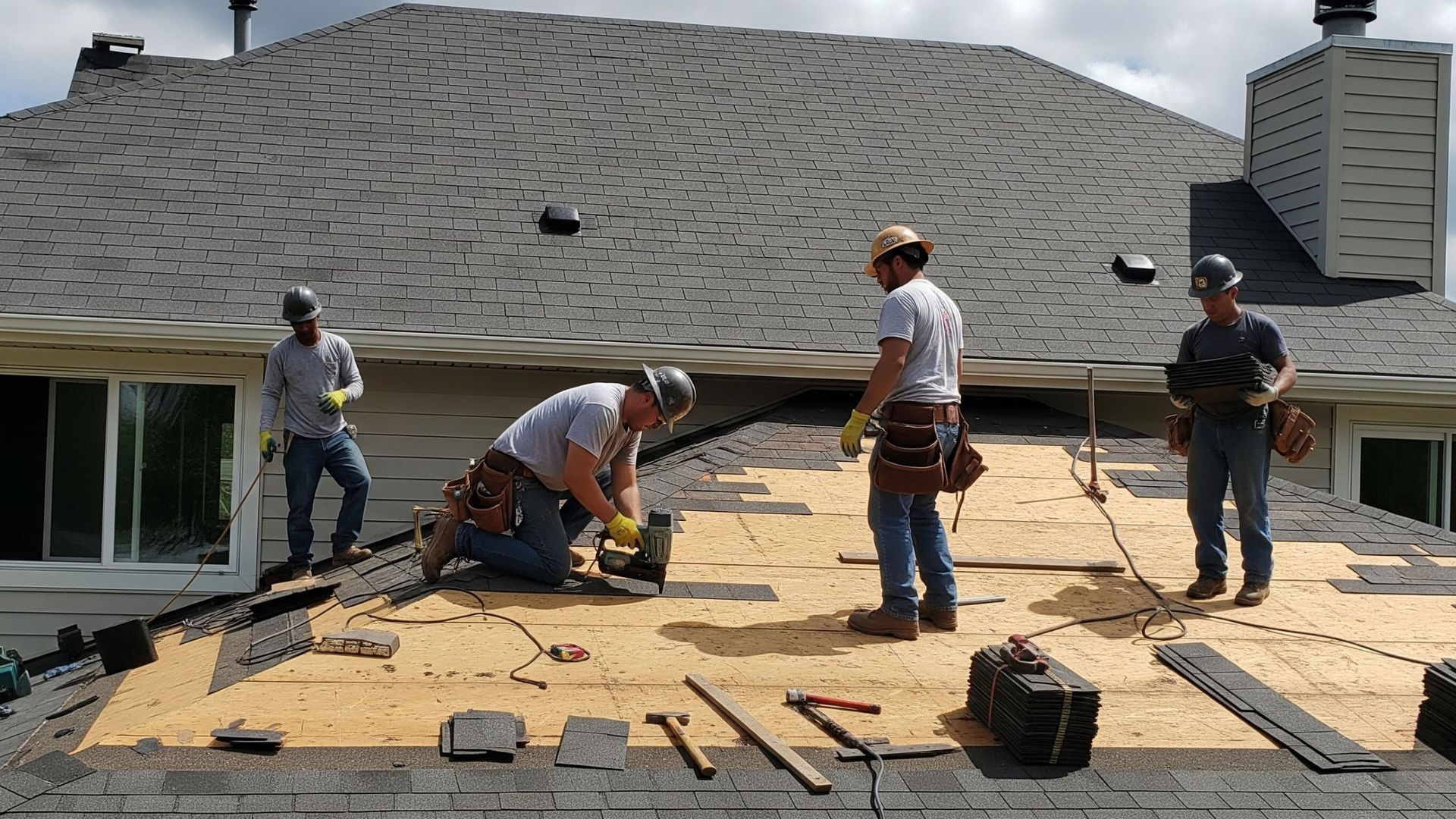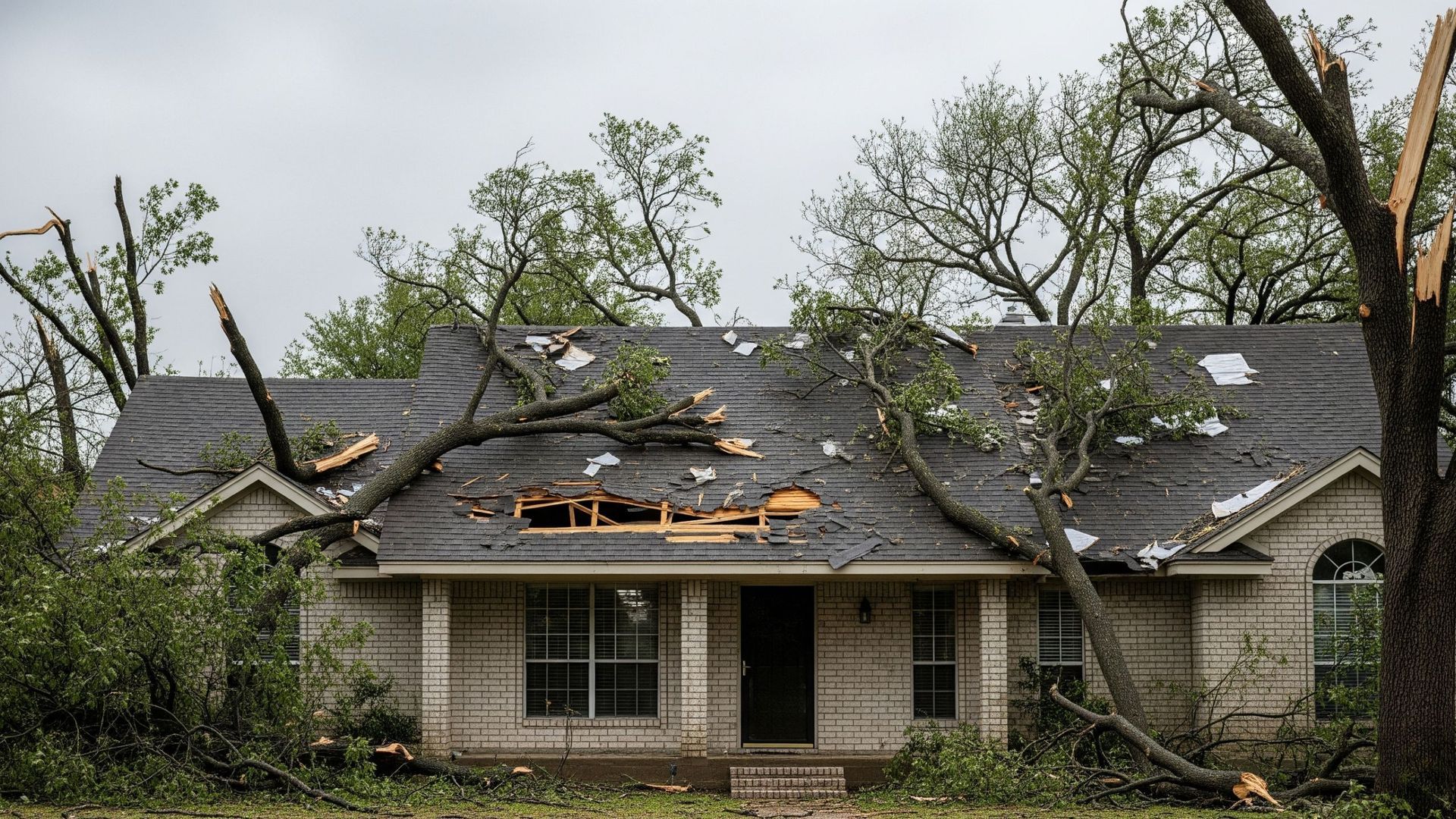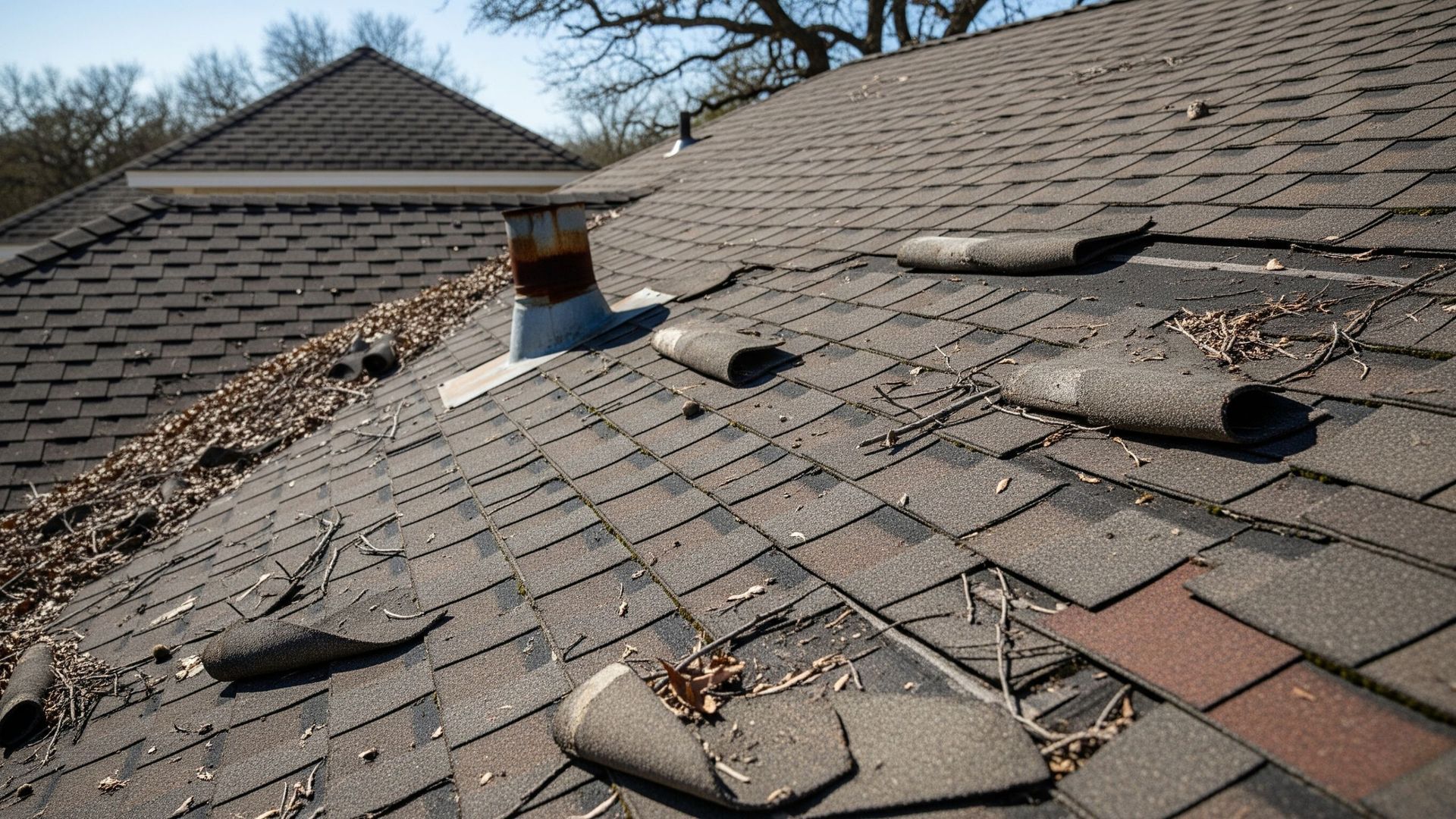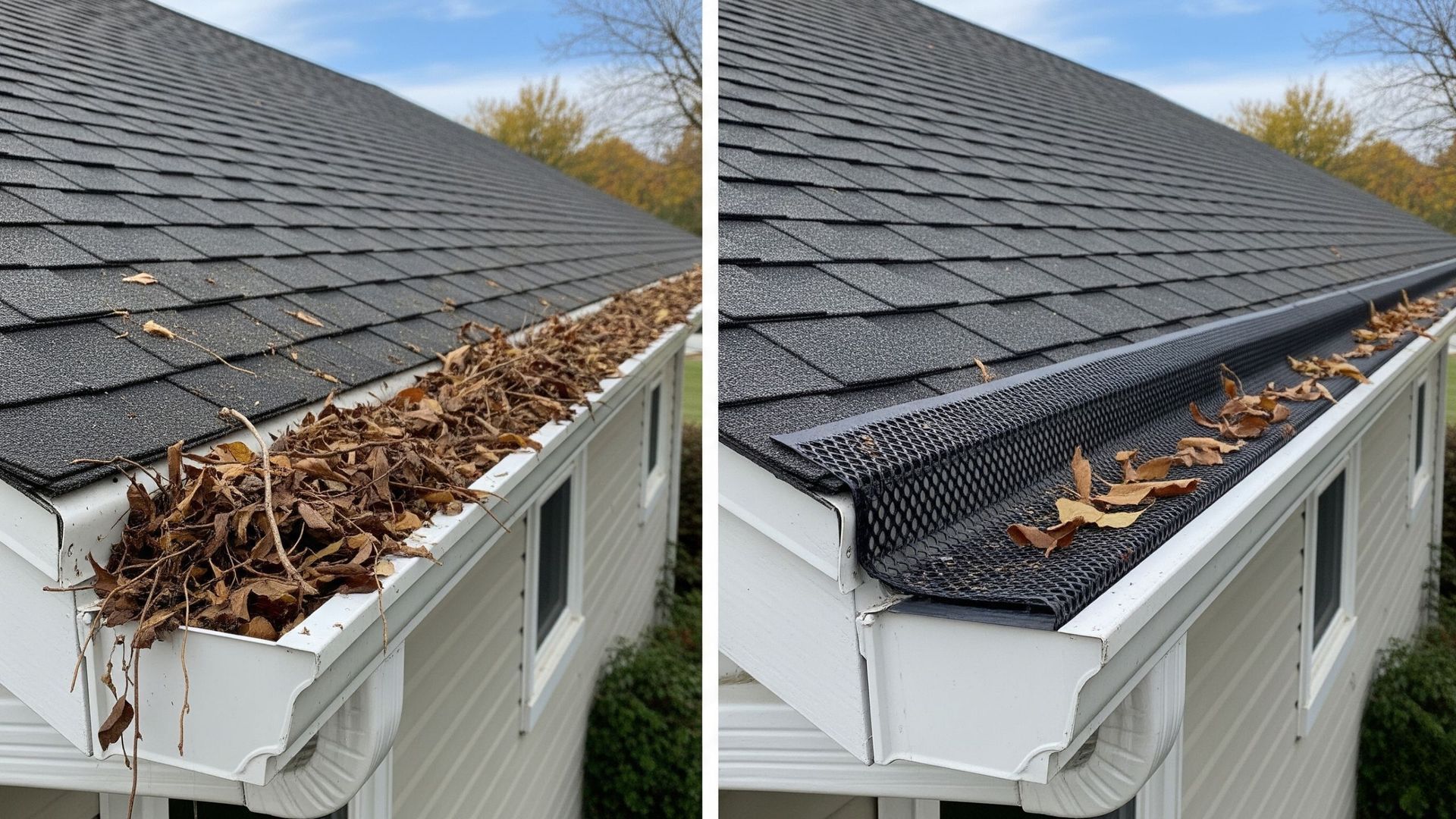Understanding Roofing Warranties: What Every Homeowner Should Know
If you're a homeowner in Texas planning a roofing project, understanding how warranties function can help you safeguard that investment and prevent surprises down the road. Let’s break it down.
Types of Roofing Warranties
Most roofing warranties fall into one of three categories. Knowing the difference helps you ask better questions and select the right coverage for your home.
1. Manufacturer's Warranty
This covers the roofing materials, like shingles, against defects. If a shingle fails before its expected lifespan due to a factory issue, the manufacturer may cover the replacement cost. But here's the catch:
- It may not cover labor.
- It often requires proper installation.
- Coverage can vary from 10 years to a “lifetime” depending on the product.
2. Workmanship Warranty
This warranty is offered by the **roofing contractor** and covers mistakes made during installation. If the shingles were installed incorrectly or the flashing was poorly sealed, a workmanship warranty may cover the cost of repair. Timeframes vary by contractor — some offer 1 year, while others provide 5, 10, or more.
3. System Warranty
Some manufacturers offer extended warranties that bundle both materials and labor into one longer-term plan — often referred to as a “system warranty.” These warranties typically require the use of approved contractors and matching components.
What Voided a Roofing Warranty?
Even if you have a warranty, it can be voided if the roof isn’t properly maintained or installed. Here are a few common reasons warranties are denied:
- Improper installation by an unqualified roofer.
- Using non-approved accessories (like incompatible underlayment or flashing).
- Poor attic ventilation.
- Skipping routine maintenance or inspections.
- Storm damage was not reported in time.
That’s why it’s crucial to work with experienced roofing professionals who follow manufacturer guidelines.
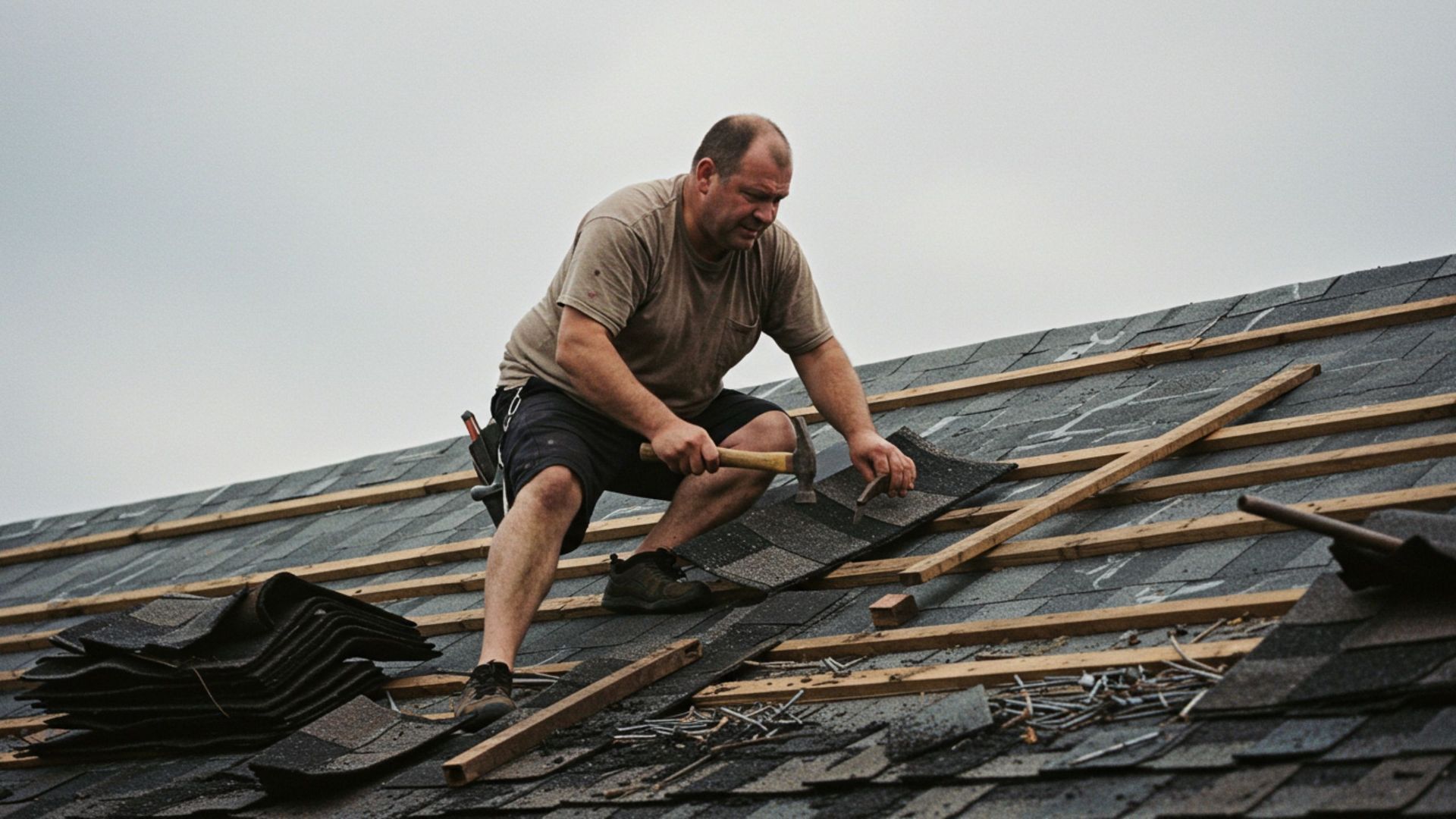

How Long Do Warranties Last?
It depends on the type of warranty and the product line. Here’s a general idea:
- Basic manufacturer warranties: 10–25 years.
- Limited lifetime warranties: Cover for as long as you own the home.
- Workmanship warranties: 1–10 years (or longer from trusted local contractors).
- Extended system warranties: 25–50 years, sometimes transferable.
Always read the fine print to understand what's covered — and for how long.
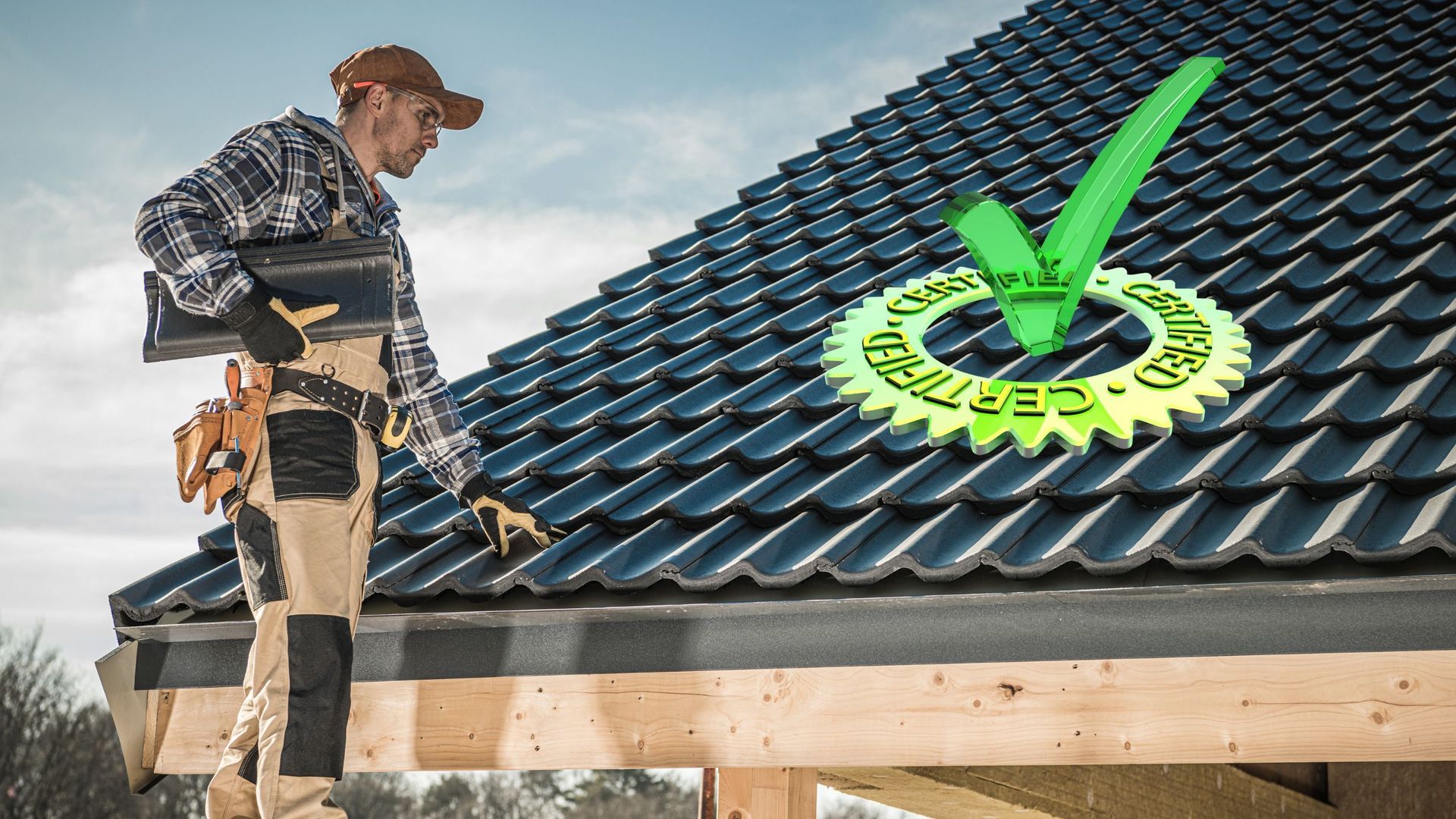
Tips for Homeowners
Here’s how to maximize your roof warranty:
- Keep your paperwork – save warranty info and proof of installation.
- Schedule regular roof inspections to catch small issues early.
- Work with certified roofing contractors who offer both solid labor and manufacturer-backed warranties.
- Ask questions before you sign any contract.
Roof Warranties in Real Life
Let’s say you had your roof replaced five years ago, and now you’re noticing a leak. If the materials are still under warranty, but the leak is due to improper flashing, your manufacturer warranty may not assist you.
However, if your contractor included a workmanship warranty, it might cover the repair.
That’s why it’s vital to understand who’s covering what, and how long you’re protected.
Ready for a Roof That Lasts?
Contact TrustWorks Construction!
Don’t wait until it’s too late. TrustWorks Construction specializes in expert roof replacements that combine quality, durability, and style.
📞 Call us today for a free inspection: 936-209-4773

